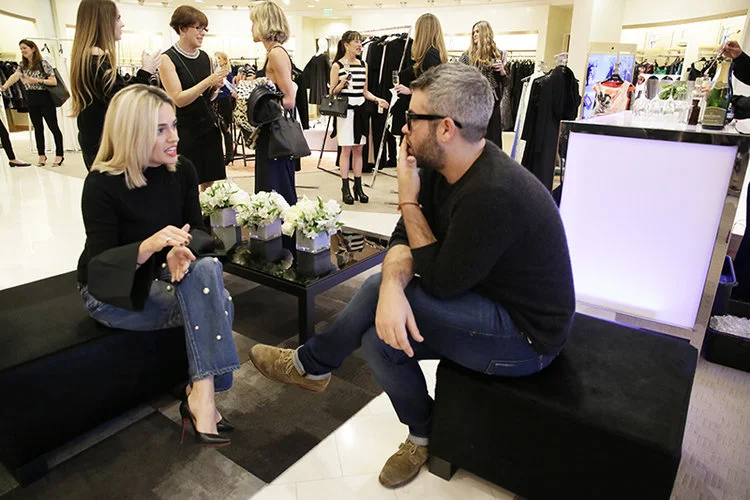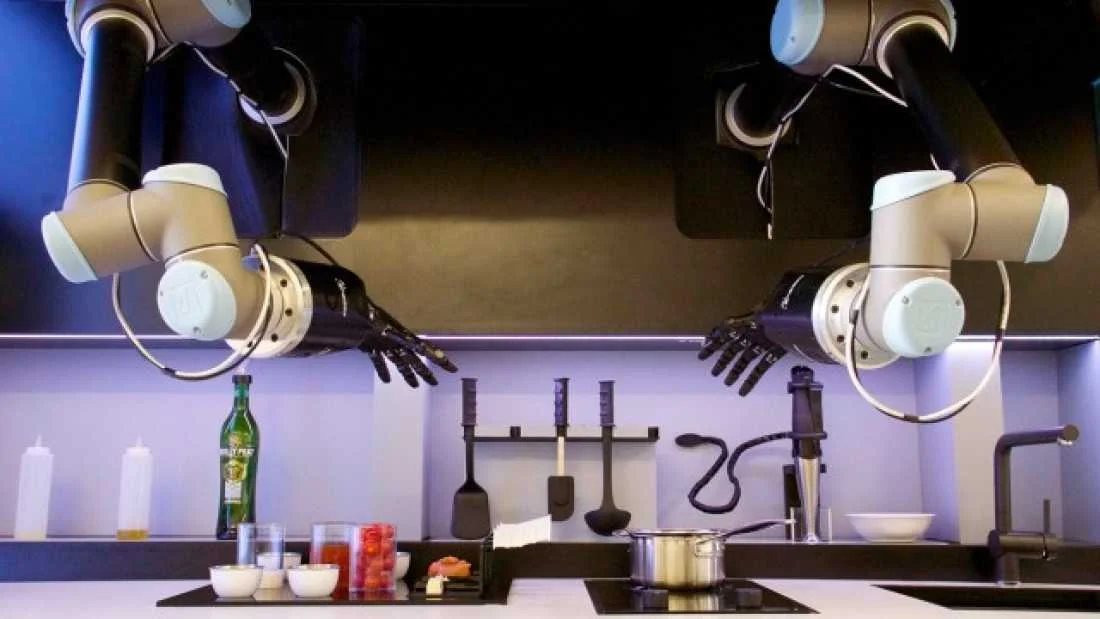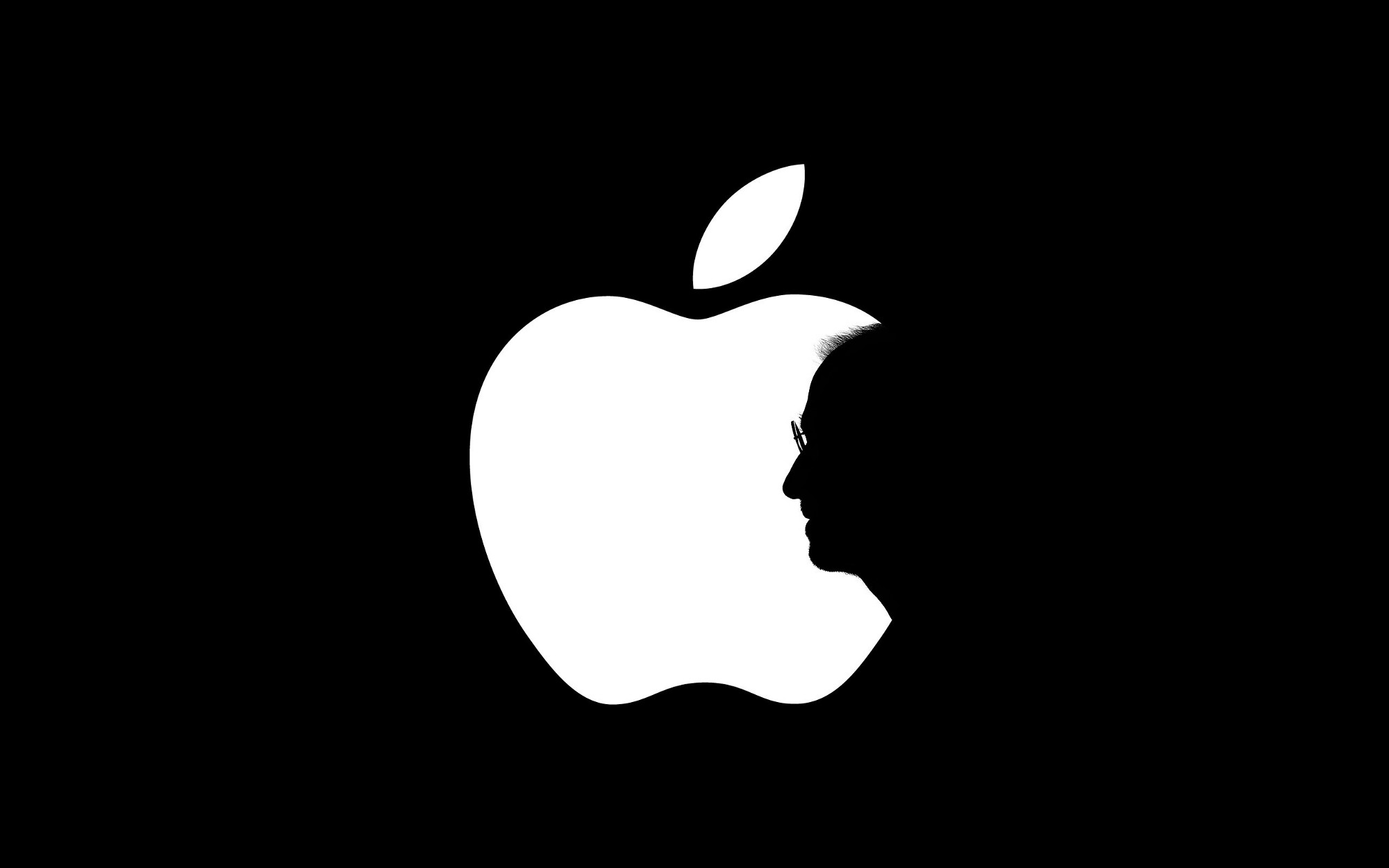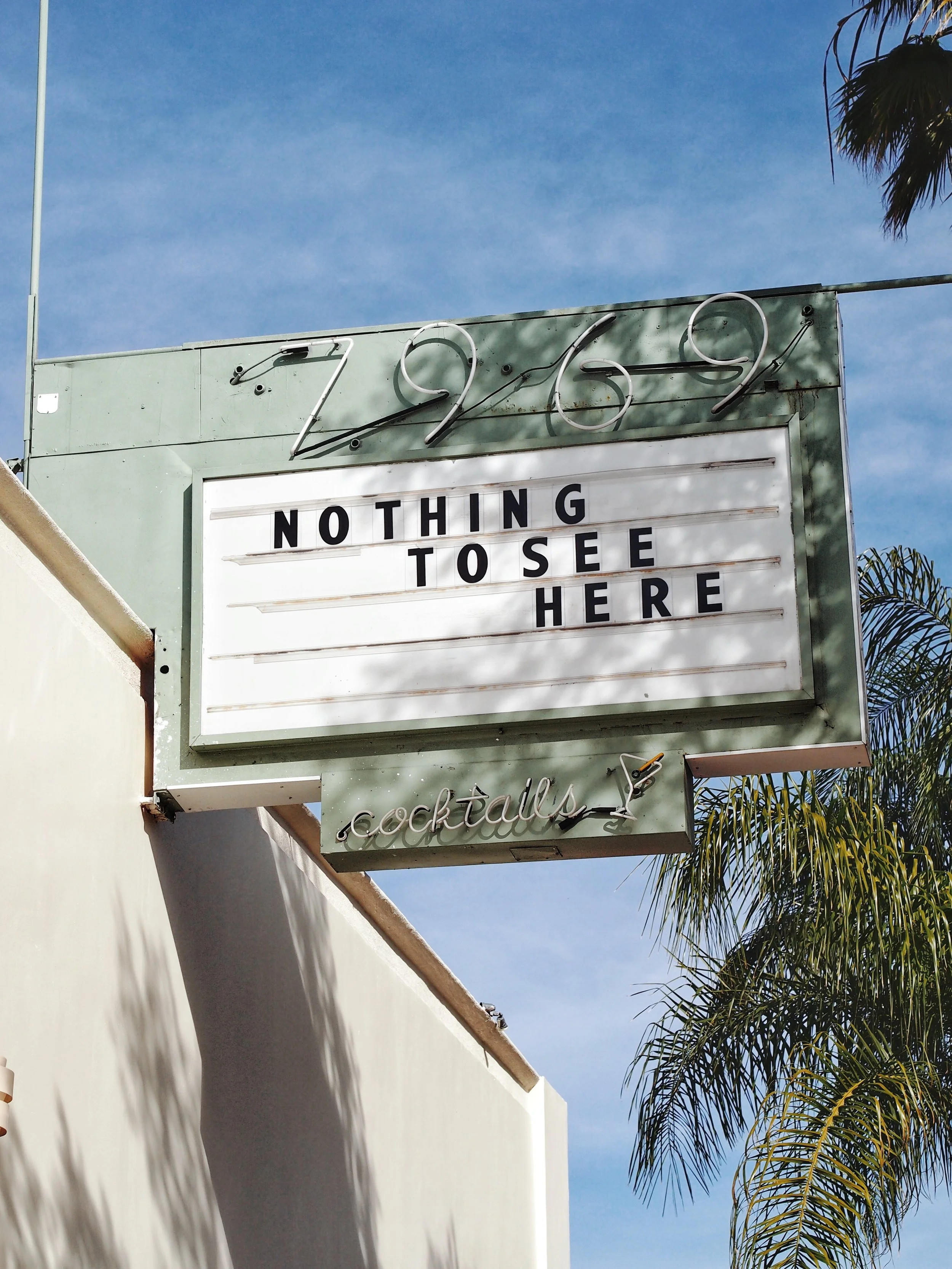World’s most powerful women are the smartest and toughest female business leaders, entrepreneurs, investors and CEOs making their mark in the world today. These women build billion-dollar brands and call the shots in the financial markets. Their accomplishments are outstanding, given how hard it can be in the industries and jobs that are traditionally dominated by men. One of those powerhouse females is Heidi Roizen - a venture capitalist, corporate director and Stanford lecturer. Heidi co-leads the Entrepreneurial Leaders Fellowship program in the engineering department at Stanford University. She co-founded software company T/Maker and served as its CEO for over a dozen years until its acquisition by Deluxe Corporation. After a year as VP of Worldwide Developer Relations at Apple, she became a venture capitalist, and now the Operating Partner at Silicon Valley-based venture firm DFJ. She is also a corporate director for DMGT (LSE:DMGT), ShareThis, ICIX, Intematix and Zoox.
Photo courtesy Ross Pelton.
Juliet: What were you like as a child?
Heidi: That was so long ago I barely remember :-) . I was always pretty outgoing and loved school and learning. I was also an entrepreneur from an early age — I started a ‘professional puppet show’ business at age 12 doing shows for childrens birthday parties. When I started out, I wasn’t much older than the children! I did that until into my college years and was doing 25 or so shows a month at my height.
Juliet: In the tech world dominated by man, you managed (to list only a few of your career highlights), to serve on the board of TiVo, work as VP for Apple Computer, and become the first female director in the Daily Mail and General Trust's 116-year company history. How did you become a technology pioneer? And what is it like to be a woman in the male-dominated industry?
Photo courtesy Ross Pelton.
Heidi: My goal at 23 was not to ‘become a technology pioneer’ (and frankly no one exactly sets out to be a pioneer.) However, I was so fortunate to be in the right place at the right time in the ‘80s in Silicon Valley and knew the personal computer was something life changing — not the least of which was for me personally. As an English major and someone whose first job was as a writer, the word processing software on early personal computers was in fact life changing for me, and I was passionate about spreading that functionality beyond tech geeks to ‘normal’ people like myself. That is what drove me early on and is still a founding principle of what I spend my time on today — bringing the advantages of technological advances to every day people and every day lives.
As for being a woman in a male-dominated industry, most of the time I just didn’t notice it that much. When you are the only one of a set of N things that is different, you often don’t realize you are different (for example I am pretty sure my dog thinks she is human since every other being in the house is a human.) I felt more disadvantaged because I was not an engineer or CS major more than because of my gender.
Juliet: What triggered you to speak out against the harassment of women in technology. Did you find any difficulties along the way working with some of the top business professionals?
Heidi: I definitely faced issues in my career that were due to my being a woman. I do think that being different affords both pros and cons, but on the con side, I think not only for me but for virtually all the compatriot women I know, we all faced issues where we were singled out and treated differently because we were female. And, since I was a CEO, it was more about receiving unwanted and sometimes aggressive attention rather than for example being passed over for promotion. For most of my career, I considered it just negative table stakes for the career I had chosen, and I didn’t elaborate on it nor speak out until a few years ago, when I was disturbed by the number of people scoffing at the stories of some women in today’s news who were telling their stories and being maligned for them. So, I decided to write a blog post about things that had actually happened to me, simply to validate that in fact these things do happen and they are an extra burden women have to bear in the workplace.
Juliet: What attracted you to Venture Capital?
Heidi: For 14 years of my life I was the entrepreneur, and I knew from first hand experience how hard but also how rewarding it could be. I thought venture capital was a way to apply what I had learned about the world of entrepreneurship without actually having to have the tough job!
Photo courtesy Ross Pelton.
Juliet: As a Venture Capitalist, what do you look for in companies specifically?
Heidi: First it is about the founders — why are they driven to create this company and why are they so compelled to solve this problem. We then assess what the total market opportunity is, as well as what advantages this team brings to the endeavor and what the competition looks like.
Juliet: What do you think of social media today and how is it useful for entrepreneurs?
Heidi: I think social media can be a boon or a bane — or both — to the entrepreneur. I believe entrepreneurs can use it to their advantage to represent themselves and their ideas and build awareness and momentum for their products or services, also to help them recruit people. That said, Facebook is Forever, so be careful what you post, tweet, or blog about!
Juliet: Any success stories you can share?
Heidi: Successes? Well I’ve had plenty of successes and plenty of failures. I’m very proud of T/Maker, the company I co-founded — proud of the products, of the culture, of the terrific people who were there, many of whom remain close friends of mine even 20 years after our sale, and proud that we delivered a good return to our investors. I’m proud of all the companies DFJ helps to fund and grow. Most of all, I’m proud of my two children.
Juliet: What women do you admire?
Heidi: There are many trailblazers I admire such as Kay Koplovitz, Gloria Steinem and Sandy Kurtzig. I was lucky to have Ann Winblad as my first investor and also now one of my closest friends. I also admire the next generation of entrepreneurs and investors — Emily Melton, Aileen Lee, Kirsten Green, Selina Tobaccowala, Kyna Fong, Minnie Ingersoll, Ayah Bdier — I’m glad the list is growing too!
Juliet: How do you balance your personal and professional lives?
Heidi: The older I get the easier that gets for me, but I think in part it is because I love what I do and I integrate my work into my life (also my kids are 21 and 23 so they take care of me more than I take care of them at this point.) I also pay attention to sleep, exercise, and daily meditation — I’m not perfect but the older I get the more I realize taking care of one’s self is critical. Finally, I constantly have to be at peace with saying no. I am overwhelmed with good fortune that there is always another interesting person to meet or investment to consider. But even with good things you have to draw the line somewhere so you have the time to also take care of yourself and your loved ones.
Juliet: Knowing what you know now, what single biggest piece of career advice would you give yourself if you could go back and talk to yourself 10 years earlier?
Heidi: Trust your gut. Surround yourself with the best people. Don’t tolerate assholes. And don’t worry so much, it will all work out.
































Murder can be most foul, but that doesn't mean it can't also be thoroughly fabulous. We talk to Plum Sykes, the Author behind Party Girls Die in Pearls.